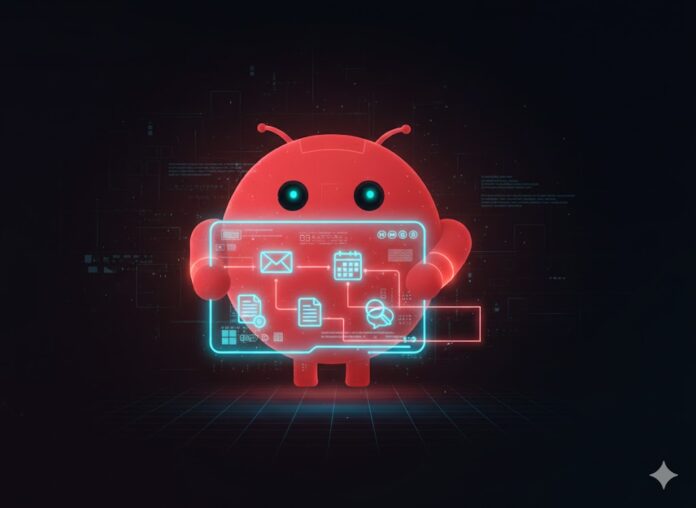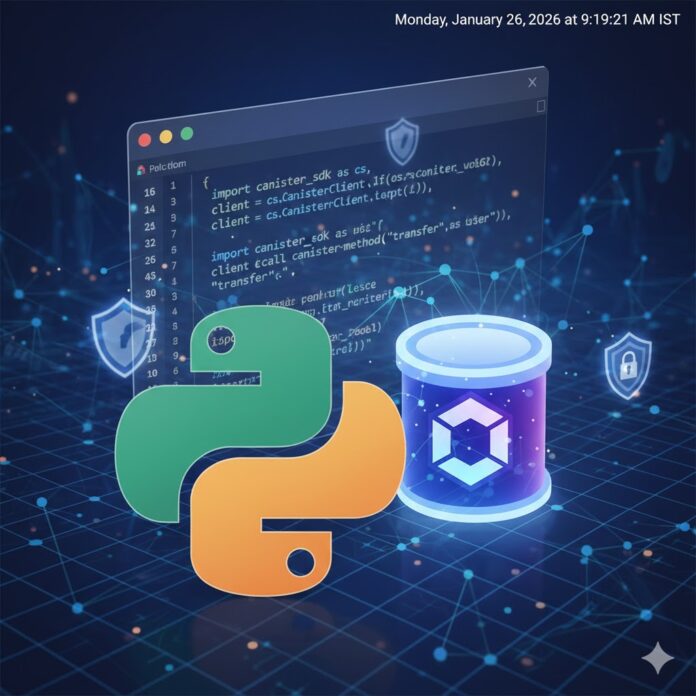Piggycell, the South Korean portable charging network, has launched its private token sale through the RWA Inc platform. The company is offering early investors a chance to buy into its infrastructure-driven token economy, with entry starting at just $1,000.
The platform has already deployed over 13,000 charging stations and distributed more than 100,000 batteries across Korea. With over 3 million active users and strategic brand partnerships in place, Piggycell is positioning its network as a foundation for global decentralised infrastructure—or DePIN.
A key appeal for investors is the way the network ties on-the-ground usage to tokenised incentives. Users earn points that convert into PGC tokens, with every interaction recorded on-chain through Internet Computer smart contracts. This real-world utility combined with blockchain transparency is a core part of the offering.
The funds from the private round are intended to support expansion beyond Korea. While Piggycell has become a familiar name in domestic venues like cafés, train stations, and convenience stores, the team is now looking at international markets where portable charging and tokenised payments could gain traction.
The project has drawn attention from Web3-focused investors and platforms for its ability to show on-chain revenue, automate rewards, and deliver a functioning product to millions of users without relying on hype. It’s this operational base—rather than promises—that the team believes sets it apart from many infrastructure token projects.
The choice to build on Internet Computer has been driven by speed and cost-efficiency. Piggycell requires thousands of monthly microtransactions to manage rewards, rentals and settlement. ICP’s smart contract model, which allows for direct interaction between users and canisters without traditional gas fees, makes this volume sustainable.
The company also points to the role of RWA Inc as more than just a launchpad. It is supporting regulatory navigation, investor engagement, and a framework for tokenised assets that align with real-world performance. Piggycell’s listing on the platform reflects a shared focus on bridging traditional investment models with decentralised infrastructure.
There is, however, some caution from the broader market. Token sales linked to physical infrastructure are still relatively new and untested in terms of long-term scalability. Success in Korea doesn’t automatically translate into international uptake. There are also questions around how tokens will maintain liquidity, and how users and investors can exit positions if markets tighten.
For now, Piggycell is offering a mix of utility and transparency. Its tokens are backed by active revenue, its product has been used by millions, and its infrastructure is already embedded in everyday locations. These factors offer a more tangible entry point for investors looking to engage with DePIN opportunities that aren’t speculative by nature.
Whether this private round marks the start of a broader shift in how infrastructure and Web3 converge—or remains a regional success story—depends on execution over the coming year. But by linking real-world usage to token-based value distribution, Piggycell is setting a practical example of how decentralised infrastructure might evolve.
Dear Reader,
Ledger Life is an independent platform dedicated to covering the Internet Computer (ICP) ecosystem and beyond. We focus on real stories, builder updates, project launches, and the quiet innovations that often get missed.
We’re not backed by sponsors. We rely on readers like you.
If you find value in what we publish—whether it’s deep dives into dApps, explainers on decentralised tech, or just keeping track of what’s moving in Web3—please consider making a donation. It helps us cover costs, stay consistent, and remain truly independent.
Your support goes a long way.
🧠 ICP Principal: ins6i-d53ug-zxmgh-qvum3-r3pvl-ufcvu-bdyon-ovzdy-d26k3-lgq2v-3qe
🧾 ICP Address: f8deb966878f8b83204b251d5d799e0345ea72b8e62e8cf9da8d8830e1b3b05f
🪙 BTC Wallet: bc1pp5kuez9r2atdmrp4jmu6fxersny4uhnaxyrxau4dg7365je8sy2q9zff6p
Every contribution helps keep the lights on, the stories flowing, and the crypto clutter out.
Thank you for reading, sharing, and being part of this experiment in decentralised media.
—Team Ledger Life




